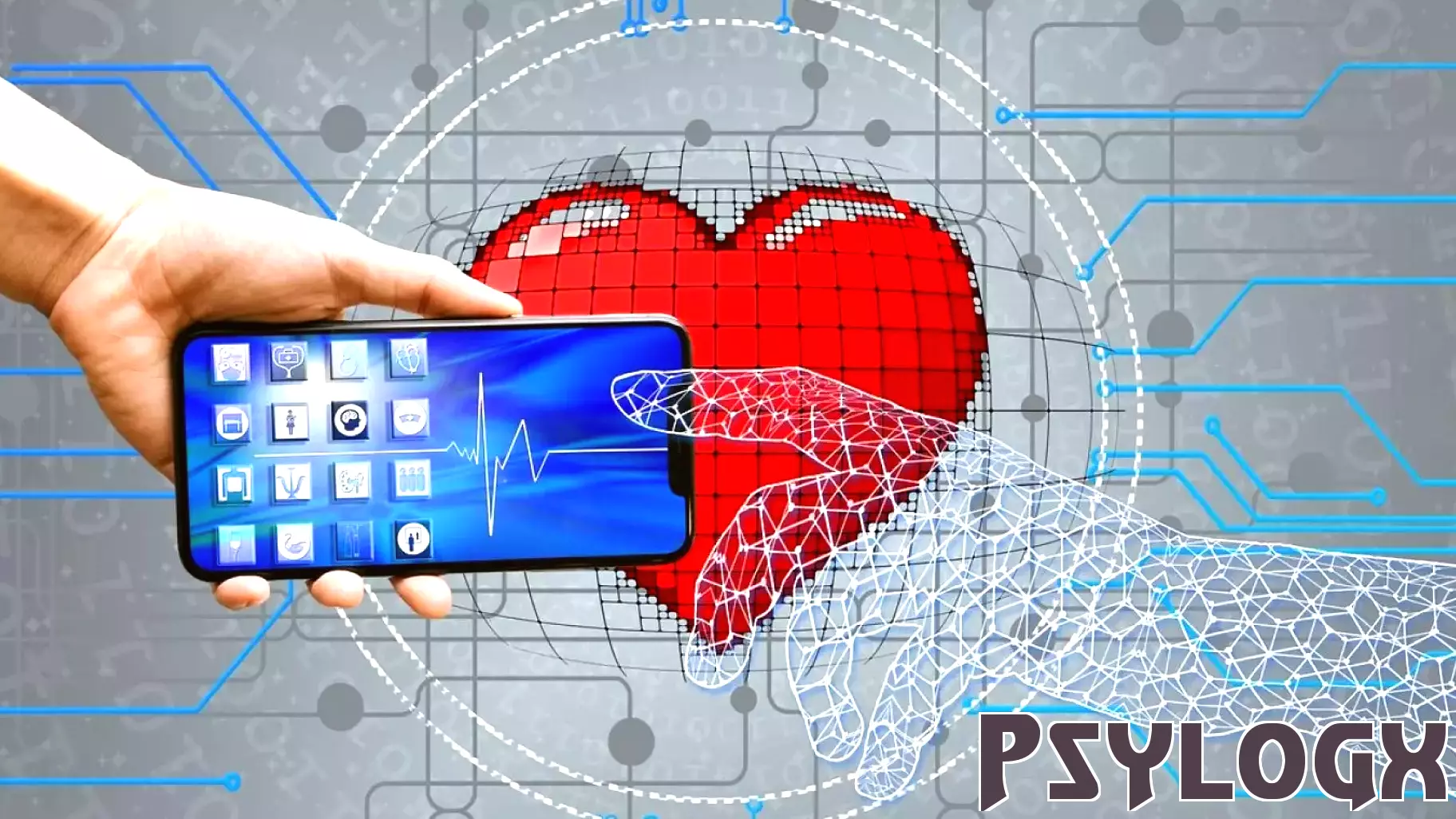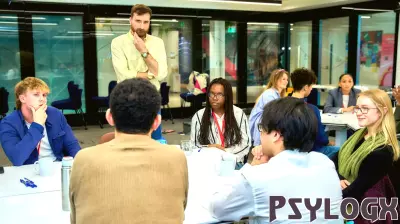February 27, 2025 - 14:53

Therapy in 2015 was predominantly characterized by traditional methods, often involving a therapist, a couch, and face-to-face conversations. Patients would share their thoughts and feelings in a comfortable setting, relying on human empathy and understanding. However, the landscape of therapy is rapidly evolving, with advancements in technology paving the way for innovative approaches.
By 2035, we may witness a significant transformation in therapeutic practices. Virtual reality, artificial intelligence, and digital platforms are set to redefine how individuals seek and receive mental health support. Imagine donning a headset that immerses you in a calming environment while an AI-driven program guides you through cognitive behavioral techniques. This futuristic approach could offer personalized therapy sessions tailored to individual needs, making mental health care more accessible and convenient.
As we look ahead, the integration of technology in therapy holds the promise of breaking down barriers to mental health support. The journey from traditional methods to tech-enhanced solutions reflects a broader understanding of mental health and the diverse ways people can heal and thrive.



